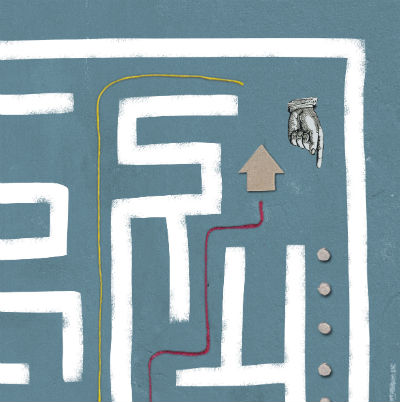Submitted by jhortolani on
This report is part of CRIN's access to justice for children project, looking at the status of the Convention on the Rights of the Child (CRC) in national law, the status of children involved in legal proceedings, the legal means to challenge violations of children’s rights and the practical considerations involved in challenging violations.
Cabo Verde has ratified the CRC which forms part of national law. It supersedes other national laws - bar the Constitution - and can be directly applied in the domestic courts. Children can file complaints to challenge violations of their rights in court, but only with the assistance of a representative. Free legal assistance and representation is available to all children who lack the necessary funds to bring litigation. Yet, children’s ability to bring challenges in court is severely hindered by the fact that both parents have to agree to a case being brought and there are no provisions which would suspend statutes of limitations until a child reaches adulthood. NGOs can summon the Public Ministry to file actions challenging violations of fundamental rights and can also represent multiple individuals in legal actions relating to diffuse rights. The Cabo Verdean courts are extremely backlogged and it can take a long time to obtain a decision. There is also only one instance of appeal to the Supreme Court based in the capital which especially hinders access to justice for children living in remote islands. Children can bring complaints about violations of their rights to the Community Court of Justice of the Economic Community of West African States, the African Committee of Experts on the Rights and Welfare of the Child or the African Commission on Human and Peoples’ Rights.

